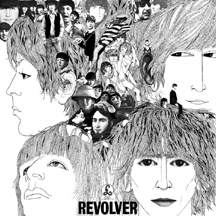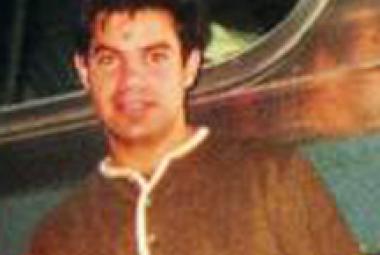Revolver is the seventh studio album by the English rock band the Beatles. It was released on 5 August 1966 in the United Kingdom and three days later in the United States. The album was produced by George Martin and features many tracks with an electric guitar-rock sound that contrasts with their previous LP, the folk rock-inspired Rubber Soul (1965). In the UK, Revolver’s 14 tracks were released to radio stations throughout July 1966, with the music signifying what author Ian MacDonald later described as “a radical new phase in the group’s recording career”. Revolver was ranked first in the book All-Time Top 1000 Albums and third in Rolling Stone magazine’s list of the 500 greatest albums of all time. (More from Wikipedia)
One of my favorite Beatles songs, “Tomorrow Never Knows” is the first of their songs to use flanging; though by the time of its release in August 1966, Wikipedia reports that almost every song on their album Revolver had been subjected to flanging.
Anthology 2 includes the first take of “Tomorrow Never Knows”, and the liner notes give the history of this groundbreaking recording (although it is the final track on Revolver, it is actually the first song that the band worked on after taking off the first three months of 1966): “Clearly refreshed, and full of yet more innovative ideas, they conveyed at EMI Studios on 6 April [1966] and began work on their seventh album, Revolver, with what turned out to be the closing and most progressive number, ‘Tomorrow Never Knows’. Here was Beatles music the like of which had never before been heard . . . or made. Here was a dramatic new direction for a musical form that was ceasing to be ‘pop’ and developing into ‘rock’. Here was a thrilling orgy of sound, all the more inventive for being made within the confines of 1966 four-track technology, less reliant on melody but focusing more on the conveyance of mind-pictures on to tape. ‘Tomorrow Never Knows’ is all of this in a single piece of music, the released version (Take 3) being as stunning now as it was 30 years ago. Recording under its working title, ‘Mark I’, Take 1, issued here for the first time, is notably different but, in its own way, just as compelling. The Beatles’ music had indeed come a long way in the four years since ‘Love Me Do’.”
(July 2015)















